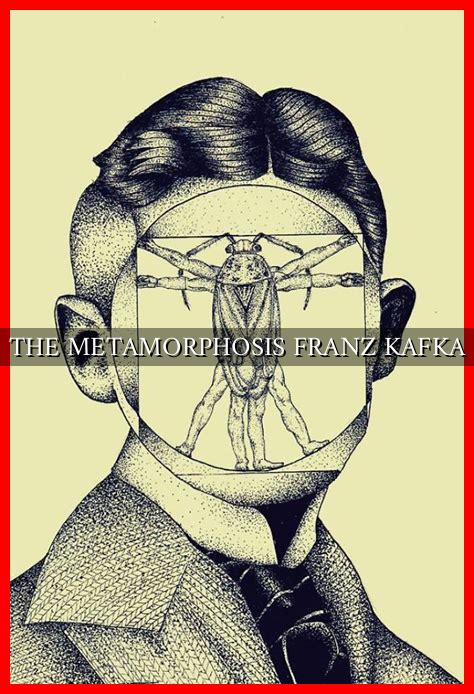-
Table of Contents
The Metamorphosis by Franz Kafka: A Masterpiece of Existential Literature
Franz Kafka’s novella, “The Metamorphosis,” is a timeless classic that delves into the complexities of human existence and the alienation of modern life. Written in 1915, this work has captivated readers for generations with its profound exploration of identity, isolation, and the absurdity of the human condition.
The Plot
The story follows Gregor Samsa, a traveling salesman who wakes up one morning to find himself transformed into a giant insect. As Gregor grapples with his new form, he becomes increasingly isolated from his family and society. The novella explores the themes of alienation, family dynamics, and the struggle for acceptance.
Themes
- Alienation: Kafka’s portrayal of Gregor’s transformation highlights the alienation and isolation that many individuals experience in modern society. Gregor’s physical transformation mirrors his emotional and psychological alienation from his family and society.
- Identity: The novella raises questions about identity and self-perception.
. Gregor’s transformation forces him to confront his own sense of self and grapple with the idea of who he truly is.
- Existentialism: Kafka’s work is often associated with existentialism, a philosophical movement that explores the individual’s search for meaning in an indifferent universe. “The Metamorphosis” reflects the existential themes of absurdity, freedom, and the search for authenticity.
Symbolism
Kafka employs rich symbolism throughout the novella to convey deeper meanings and themes. The insect that Gregor transforms into symbolizes his dehumanization and alienation from society. The locked door in Gregor’s room represents his isolation and separation from his family. These symbols add layers of complexity to the narrative and invite readers to interpret the story on multiple levels.
Impact and Legacy
“The Metamorphosis” has had a lasting impact on literature and continues to be studied and analyzed by scholars around the world. The novella’s exploration of existential themes and its innovative narrative style have cemented its status as a literary masterpiece.
One of the reasons for the enduring popularity of “The Metamorphosis” is its universal themes that resonate with readers across cultures and time periods. The novella’s exploration of alienation, identity, and the human condition transcends its historical context and remains relevant in today’s world.
Conclusion
In conclusion, Franz Kafka’s “The Metamorphosis” is a profound work of existential literature that continues to captivate readers with its exploration of alienation, identity, and the absurdity of the human condition. Through its rich symbolism and complex themes, the novella invites readers to reflect on the nature of existence and the search for meaning in a chaotic world.
For further reading on Kafka’s works and existentialism, check out this link.





